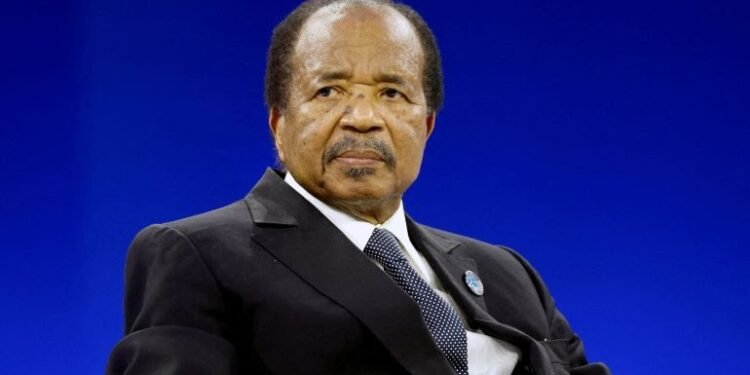The Bank of Ghana (BoG) has announced its intention to establish a full-fledged regulatory and operational framework for Non-Interest Banking and Finance (NIBF) by 2025.
This initiative, still subject to favorable macroeconomic and policy conditions, marks a strategic shift towards creating an inclusive financial environment that caters to the diverse needs of Ghanaians.
This development follows the commencement of extensive stakeholder consultations, designed to shape and refine Ghana’s entry into the growing global non-interest banking market. Professor John Gatsi, a financial economist and advisor to the central bank, is leading the BoG’s specialized team tasked with steering the transition process.
As part of its preparatory efforts, the BoG’s NIBF team has embarked on knowledge-sharing missions to study jurisdictions with mature non-interest financial systems. A notable visit was paid to Nigeria—one of the continent’s most advanced non-interest banking destinations. By engaging with counterparts and institutions already operating in this space, the Bank of Ghana hopes to adopt best practices and customize regulatory frameworks to suit Ghana’s context.
“Our objective is not to replicate, but to adapt successful models to Ghana’s needs,” said Professor Gatsi. “We’re drawing lessons from other economies, while also factoring in our own socio-economic realities.”
Engaging Stakeholders Through Public Education
To ensure public understanding and buy-in, the Bank of Ghana has ramped up its stakeholder engagement strategies. In collaboration with the Ghana Journalists Association (GJA), the BoG hosted a two-day workshop in Koforidua for media professionals, aimed at equipping them with the knowledge to report accurately on developments in the non-interest finance sector.
“Journalists are key allies in shaping the public narrative,” noted Professor Gatsi. “Their understanding of the principles of non-interest finance will help avoid misinformation and build trust in the system.”
This proactive approach underscores the central bank’s commitment to transparency and accountability in implementing financial reforms that are both technical and culturally sensitive.

BoG Sees Strategic Potential in Non-Interest Finance
Speaking on behalf of Dr. Johnson Asiama, Governor of the Bank of Ghana, the Head of Banking Supervision, Ismail Adam, emphasized the massive potential of NIBF to transform Ghana’s financial landscape.
“Non-interest banking offers a promising avenue to broaden our financial ecosystem and diversify funding sources,” Adam stated. “What once started as a marginal alternative in the 1970s has become a cornerstone of global finance.”
He revealed that as of 2024, the global non-interest financial sector had amassed over USD 5 trillion in assets, marking a 12% rise from 2023 and a 43% increase since 2020—figures that signal the sector’s rapid expansion and global relevance.
Financial Inclusion and Economic Resilience
Beyond its financial appeal, NIBF holds significant social and economic promise. Ismail Adam highlighted its capacity to enhance financial inclusion by catering to individuals and businesses whose religious or ethical beliefs prevent them from engaging with interest-based financial services.
Moreover, NIBF is seen as a tool to bolster economic resilience by offering stable, ethical, and risk-sharing financial products that can cushion economies against volatility. “We believe NIBF can play a key role in reducing financial exclusion and deepening access to capital for sectors currently underserved by traditional banking models,” he added.
With the target year set for the end of 2025, the Bank of Ghana is moving steadily through a roadmap that includes stakeholder consultations, inter-agency collaboration, legal reform, and institutional capacity-building. The central bank’s approach reflects both urgency and prudence as it balances innovation with regulatory safeguards.
As Ghana prepares to usher in this new era of banking, the BoG’s initiative could place the country at the forefront of financial inclusion in West Africa. If successful, the introduction of non-interest banking could unlock new avenues for investment, foster economic empowerment, and redefine how financial services are delivered in Ghana.
READ ALSO: Kenyan Activist Charged Over Possession Of Ammunition



















